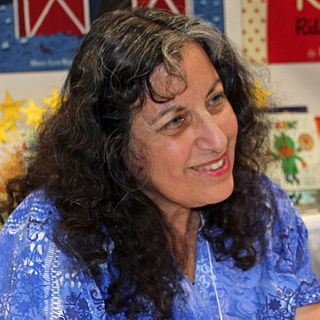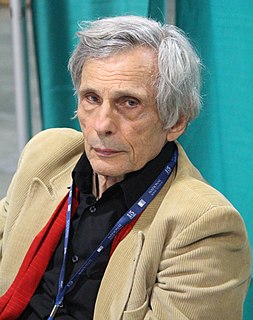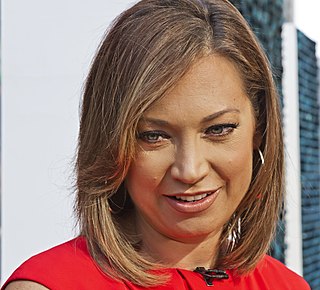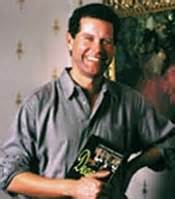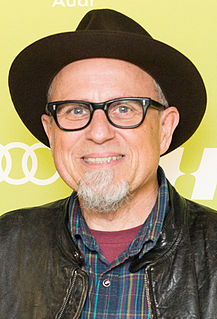A Quote by Margarita Engle
When Reason Breaks is infused with a rare blend of suspense and sensitivity, despair and hope. The poetic spirit of Emily Dickinson shines through the gloom of daily struggles faced by modern teens, as they discover the possibilities where they dwell.
Related Quotes
Do not allow darkness and gloom to enter into your hearts. I want to give you a rule by which you may know that the spirit which you have is the right spirit. The Spirit of God produces cheerfulness, joy, light and good feelings. Whenever you feel gloomy and despondent and are downcast, unless it be for your sins, you may know it is not the Spirit of God which you have. Fight against it and drive it out of your heart. The Spirit of God is a spirit of hope; it is not a spirit of gloom.
Poetry, for example, goes so deeply into the space between corporeal affect and deep emotion (even primal in some cases) that, as Emily Dickinson said, it can blow the top of your head off. Poetic language is sometimes misunderstood as "abstract" when in reality, it's precise - precisely the language of emotions and the body.
Optimism is a matter optics, of seeing what you want to see and not seeing what you don't want to see. Hope, on the other hand, is a Christian virtue. It is the unblinking acknowledgment of all that militates against hope, and the unrelenting refusal to despair. We have not the right to despair, and, finally, we have not the reason to despair
